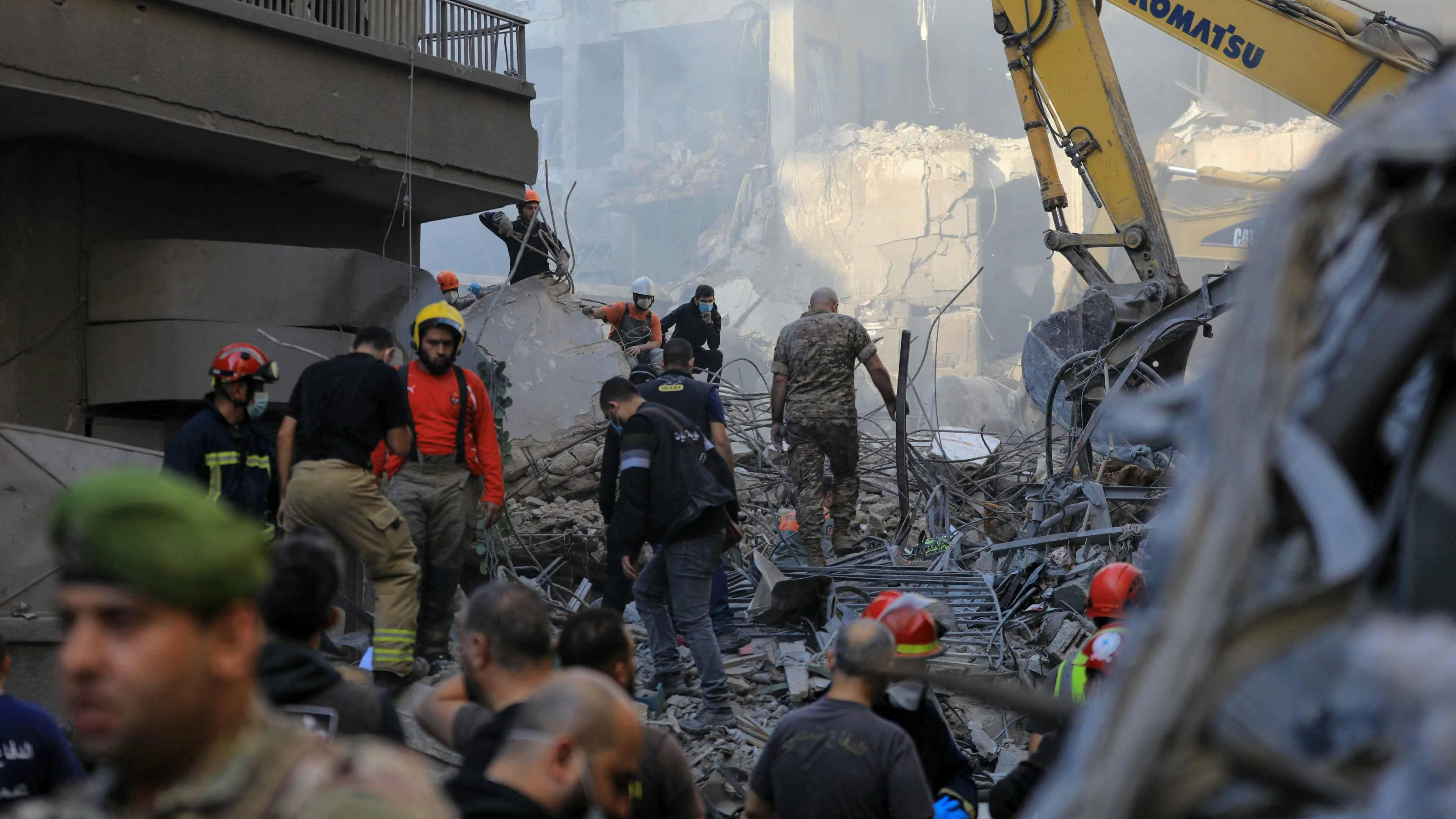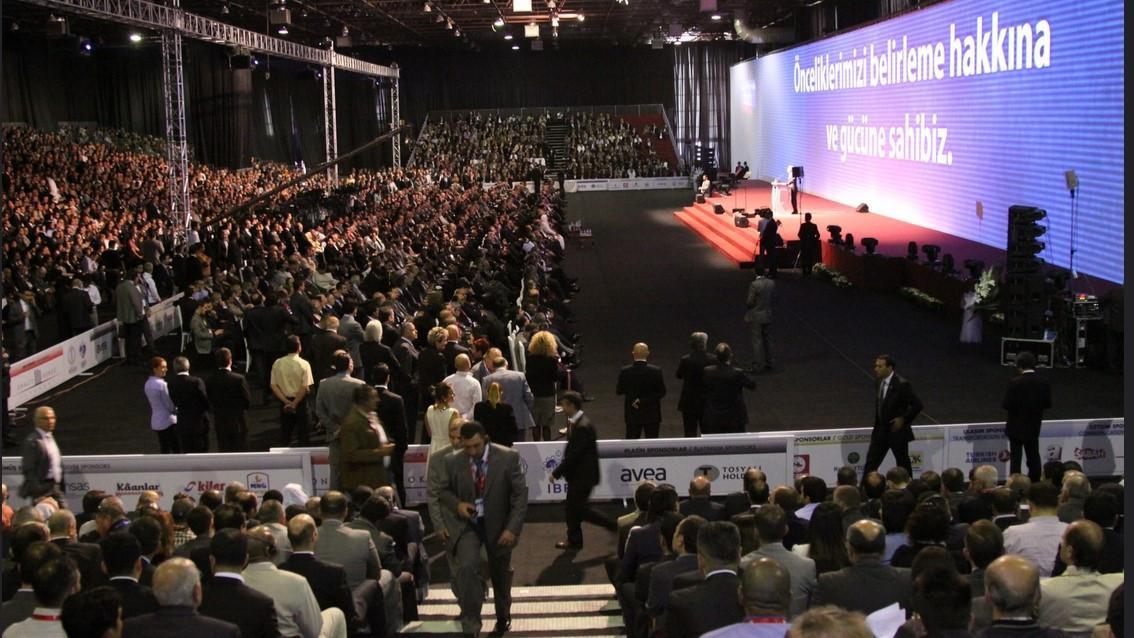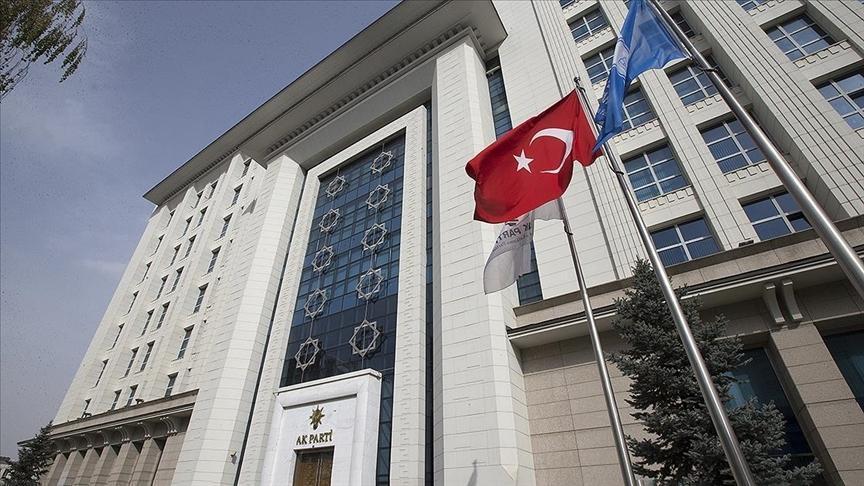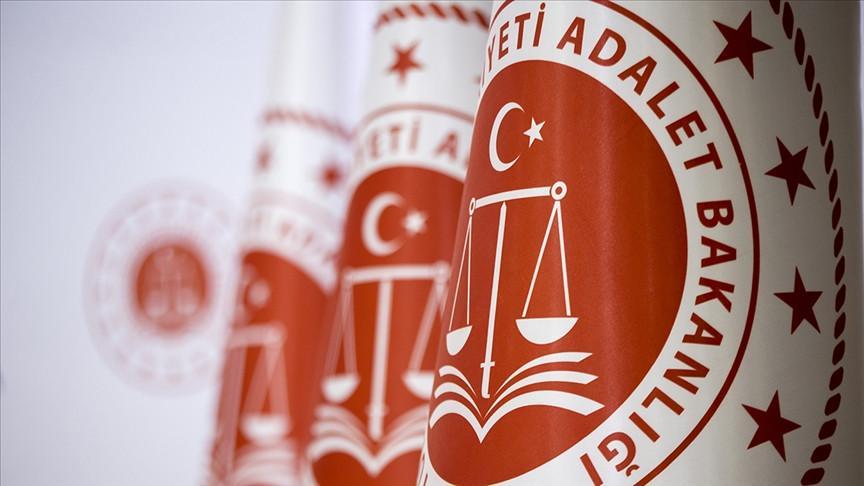Turkey to implement British model for military medical services
Serkan Demirtaş - ANKARA
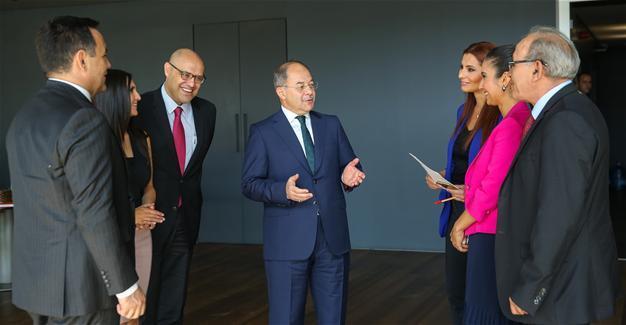
HÜRRİYET photo
Turkey will implement the British model in providing military medical services after it transferred all military medical academies to the Health Ministry, the health minister has said, underlining that the new model will increase the quality and efficiency of the service provided to the army.“Britain made this reform 20 years ago by transferring all of its military medical academies to the Health Ministry. The model we have in our mind is similar to the British model. With this model, we believe medical services to be provided to the military will be much more efficient,” Health Minister Recep Akdağ told the Hürriyet Daily News on Oct. 11.
Turkey decided to shut down military medical academies in the aftermath of the July 15 coup attempt as part of a major re-structuring of the Turkish Armed Forces (TSK) in a bid to remove members of the Gülen movement from the army after they were blamed for the coup.
The military’s two major medical academies in Ankara and in Istanbul, as well as hospitals in different provinces of the country, were transferred to the Health Ministry through a decree law issued by the government in late July. Around 2,000 military doctors have been dismissed while some of them have been detained on suspicions that they were linked to the Gülen group.
But the government’s decision to close military medical academies has created concerns as to whether the required surgeons can be trained by the civilian authority.
“These concerns are baseless. They shouldn’t speak about providing military medicine,” Akdağ said, recalling that the army had only five doctors specially trained to serve on the battlefield and only two psychiatrists. Almost all the military doctors who were serving in military academies were running their own clinics, Akdağ said, adding that these doctors would either choose to work for the government or for themselves at their clinics.
The Medical Command tied to the Chief of General Staff had no capacity to establish a field hospital to serve the army prior to the Euphrates Shield Operation, Akdağ said, noting that the present field hospital was set up by the Health Ministry. “Our objective is to bring a model in which we can best practice these services,” he said.
Military medical personnel needed by the army will be provided in two ways, the minister said. “First, the TSK will be able to have its own personnel trained in different medical faculties. All these students will have the same education as other students but will be employed by the army. The army will provide necessary additional training to these personnel. Second, the army will be able to hire health personnel based on contracts.”
[HH] Ministry to produce armored ambulances
Akdağ also said the Medical Command was inefficient because it failed to produce armored ambulances even though the army had been heavily engaged in armed conflict for decades.
“Six health ministry personnel have been martyred during these operations because the Medical Command had no capacity [to construct armored ambulances],” he said.
“If you send your troops to the conflict zone, you should also be able to provide immediate health services. We have not observed a qualified and efficient service so far, especially during the terrorist organization’s increased attacks in the southeast in recent months,” Akdağ said, in reference to Kurdistan Workers’ Party’s (PKK) attempts to conduct urban warfare in many districts in the southeast.
Turkey decided to shut down military medical academies in the aftermath of the July 15 coup attempt as part of a major re-structuring of the Turkish Armed Forces (TSK) in a bid to remove members of the Gülen movement from the army after they were blamed for the coup.
The military’s two major medical academies in Ankara and in Istanbul, as well as hospitals in different provinces of the country, were transferred to the Health Ministry through a decree law issued by the government in late July. Around 2,000 military doctors have been dismissed while some of them have been detained on suspicions that they were linked to the Gülen group.
But the government’s decision to close military medical academies has created concerns as to whether the required surgeons can be trained by the civilian authority.
“These concerns are baseless. They shouldn’t speak about providing military medicine,” Akdağ said, recalling that the army had only five doctors specially trained to serve on the battlefield and only two psychiatrists. Almost all the military doctors who were serving in military academies were running their own clinics, Akdağ said, adding that these doctors would either choose to work for the government or for themselves at their clinics.
The Medical Command tied to the Chief of General Staff had no capacity to establish a field hospital to serve the army prior to the Euphrates Shield Operation, Akdağ said, noting that the present field hospital was set up by the Health Ministry. “Our objective is to bring a model in which we can best practice these services,” he said.
Military medical personnel needed by the army will be provided in two ways, the minister said. “First, the TSK will be able to have its own personnel trained in different medical faculties. All these students will have the same education as other students but will be employed by the army. The army will provide necessary additional training to these personnel. Second, the army will be able to hire health personnel based on contracts.”
[HH] Ministry to produce armored ambulances
Akdağ also said the Medical Command was inefficient because it failed to produce armored ambulances even though the army had been heavily engaged in armed conflict for decades.
“Six health ministry personnel have been martyred during these operations because the Medical Command had no capacity [to construct armored ambulances],” he said.
“If you send your troops to the conflict zone, you should also be able to provide immediate health services. We have not observed a qualified and efficient service so far, especially during the terrorist organization’s increased attacks in the southeast in recent months,” Akdağ said, in reference to Kurdistan Workers’ Party’s (PKK) attempts to conduct urban warfare in many districts in the southeast.


